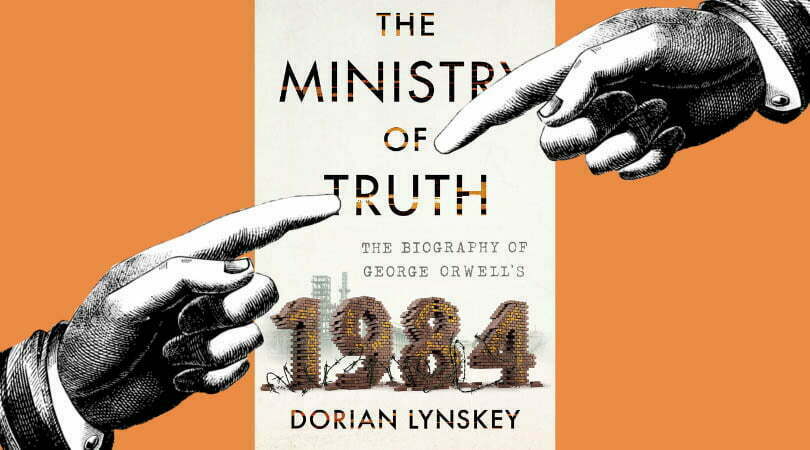Minnesota lawmakers are considering a bill that would require the logging of alleged bias incidents, even if they do not qualify as a crime. The proposed legislation, House File 181, would allow people to report perceived bias-related incidents, including alleged slurs and verbal attacks that fall outside the hate crimes compiled annually by the state Bureau of Criminal Apprehension.
This move towards an “official truth” in America is not new, as Democrats previously attempted to do this at a national level. Last year the Biden Administration has announced the formation of a Disinformation Governance Board, which would have been responsible for determining what is true or false, and then enforcing that truth on the American public.
This effort was abandoned after public outcry and attacks by Republican lawmakers. Nina Jankowicz, a self-proclaimed expert in disinformation, would have lead this group. However, she has a history of spreading false information, such as the Russian Collusion conspiracy, and denying the validity of Hunter Biden’s laptop.
This move towards government control of information is more sinister and permanent than anything seen before. It is reminiscent of George Orwell’s “Ministry of Truth,” an organization that decided for citizens what was true and what was not. The danger of such an organization is that the “truth” will be whatever the current administration wants it to be.
During a debate on the bill, Minnesota state Rep. Harry Niska, R., asked whether praising “Harry Potter” author J.K. Rowling or arguing that COVID originated in China would qualify as biased speech that would put citizens on a government database. The response from Rep. Samantha Vang, D., was that this sort of rhetoric is “bias-motivated” and therefore could be considered a bias incident.
While some may argue that this proposed legislation is well-intentioned, it raises serious concerns about free speech and the right to express one’s opinions without fear of government reprisal. The Constitution guarantees these rights, and any attempt to suppress them is a breach of these fundamental protections.
Additionally, the very notion of creating a government database to log perceived bias incidents is reminiscent of tactics employed by authoritarian regimes to suppress dissent and oppress their citizens. It is alarming to see this type of approach being considered in the United States, a country founded on principles of individual liberty and freedom of expression.
The potential for abuse is also concerning. The bill would allow anyone to report an incident, regardless of whether it is factually accurate or based on malicious intent. This could lead to innocent people being unfairly targeted and subjected to government scrutiny.
Furthermore, the exchange between Niska and Vang highlights how this legislation could be used to target individuals for expressing opinions that some may find controversial or disagreeable. As seen with J.K. Rowling’s views on transgender individuals and biological sex, there are many topics where opinions are divided. The ability to express these opinions without fear of being added to a government database is essential for a healthy democracy.
This move towards government control of information is sinister and potentially permanent. It is reminiscent of George Orwell’s “Ministry of Truth,” an organization that decided for citizens what was true and what was not. The danger of such an organization is that the “truth” will be whatever the current administration wants it to be.
In summary, while the intention behind House File 181 may be to combat bias and hate speech, the potential consequences for free speech and individual liberty cannot be ignored. The government must not be in the business of policing speech, and any attempt to do so must be strongly opposed as a violation of our constitutional rights.
